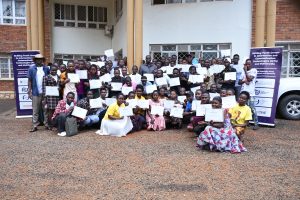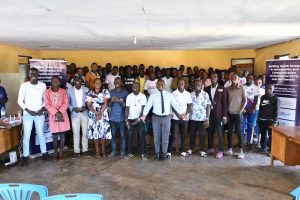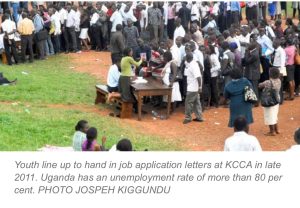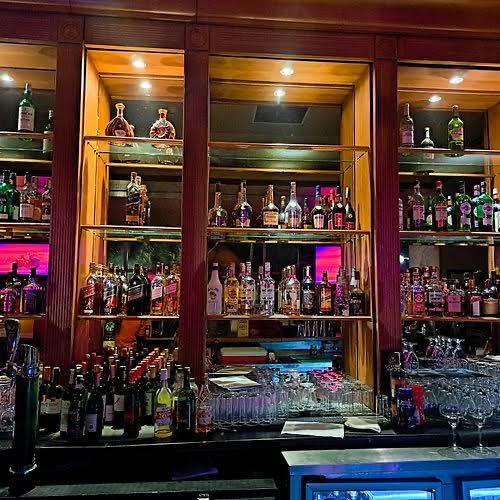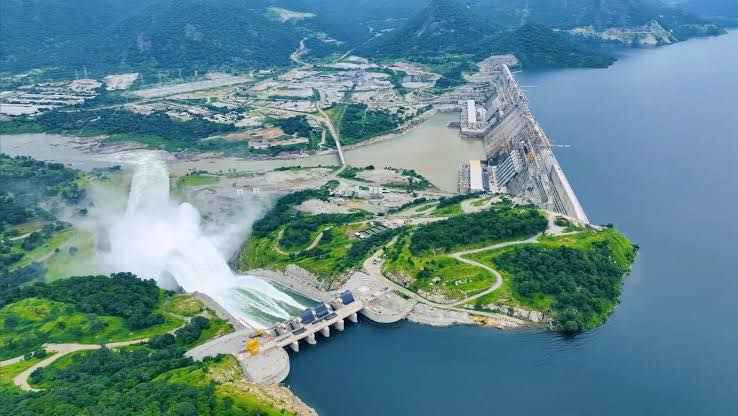At the beginning of April this year, people in Punjab, a province in India started to see the Himalayas mountain range from more than 160km away for the first time in more than 30 years. This visibility is a result of the Covid-19 lockdown with many industries closed creating clear skies many people didn’t think were possible.
We have been told that planet Earth is in turmoil due to climate change. One of the biggest causes of climate change is our dependence on fossil fuels mainly oil. The lockdown created another crisis in the oil industry with crude now attracting negative prices. Oil is pumped out but there are no takers. Oil wells aren’t like your water tap that you open and close at will!
There are many oil byproducts including plastics and materials used to make paved roads among others. However, oil is used mainly in vehicles to enable mobility around the world. It is estimated that there are about 1.4 billion cars in the world, a significant majority of which are dependent on petrol or gasoline and diesel.
Cars became one of the most modern ways through which people travel around the world with the creation of the internal combustion engine approximately 134 years ago. Of course, along the way vehicles have become more fuel-efficient than they were just 30 years ago but the demand for petrol and diesel is still high. The lockdown with no movement for most people has made the world realize how dependent we are on oil.
For the last few years, attempts have been made to move away from internal combustion engine vehicles to electric versions. Green mobility is one of the ways we can leave this planet better for our children and their grandchildren.
In Uganda, Kiira Motors has been leading this revolution with their electric car, hybrid sedan, solar-powered bus, and now fully electric buses. They need support to fulfil their ambitions at least to keep our planet safer. Scientists tell us that if the world becomes warmer by just two degrees Celsius, it won’t be possible for humans to live on it.
Dependency on electric vehicles would smash the amount of oil that is used to ignite vehicles around the world significantly. According to the Electricity Regulatory Authority, “the total installed capacity as at end of December 2019 was 1,252.4MW of which 1,246.5MW supplies the main grid and 5.9MW is off the main grid.” More than 80% of this capacity is from hydropower while solar contributes 4.1%. When Karuma Dam comes online with an estimated 600MW, there will even be more capacity.
We are located on the Equator and assured of sunshine for most of the year. Our capacity to generate even more solar power is obvious.
If we have more electricity than we can use, it means that we should consider weaning ourselves off internal combustion engines and move into electric vehicles. Kiira Motors’ two fully electric buses assembled in Nakasongola at the UPDF facility as they construct their factory in Jinja shows that we should move faster to electric vehicles.
The issue of whether an electric vehicle can take you on a long trip to the countryside shouldn’t arise. If we fuel vehicles several terms when we are going to rural areas, we can charge the battery of an electric vehicle several times as well. It is even cheaper. What we need is to ensure we have a constant supply of electricity and a robust electric vehicle charging infrastructure. Businessmen looking for post-Covid-19 opportunities, this is one area they need to pay attention to.
You don’t have to go to Punjab to realize that we need to take care of our planet today more than ever. Floating islands caused a national electricity shutdown just the other day by sending a message directly to the president as he was about to address the nation on the Covid-19 pandemic. More stern warnings were sent to some of the richest people who had settled in Lake Victoria’s catchment areas.
Tweeps were fast to joke that a certain businessman whose hitherto palatial home was submerged is the luckiest man alive as fish is now playing right in his living room so he can catch and eat them as he wishes. It may sound like a sneering remark but it is a clear warning that we must take care of the environment today.

